
Meet the new heroines who will transform how you see yourself
written by Julie Vuong, oh books editor and author of literary newsletter, Written Approval
The young adult section in your local bookshop might not be the first place you’d expect to read a modern feminist manifesto, but stories with complex women as leads are increasingly reflecting the lives of girls today. As part of our partnership with Dove and Refinery29 we're celebrating the work of women writers who are ripping up the (patriarchal) rulebook.
Literature plays a significant role in shaping perceptions of who we are from a young age. So, it's apt that YA fiction - books aimed at those aged between 12 - 18 – is at the forefront of inclusive writing. From fantasy and romance, to re-writing the classic canon, these stories are paving the way for the next generation of young women to be better represented and seen. This also happens to be the goal of the Dove Self-Esteem Project, a programme helping girls to build positive body confidence and reach their full potential. Now, thanks to leading YA authors, whose diverse characters don't succumb to stereotypes, girls can see themselves and the world around them differently, from the first page to last.
The popularity of YA has been on the rise for years, but critics say for every Katniss Everdeen in The Hunger Games and Sephy in Noughts + Crosses, there are countless other stories that could barely scrape past the Bechdel Test, leaving ‘real’ women largely absent from the page. Now a dynamic group of voices, writing narratives that hold space for young women, is spinning coming-of-age tales that boost our self-esteem and how we feel about ourselves.
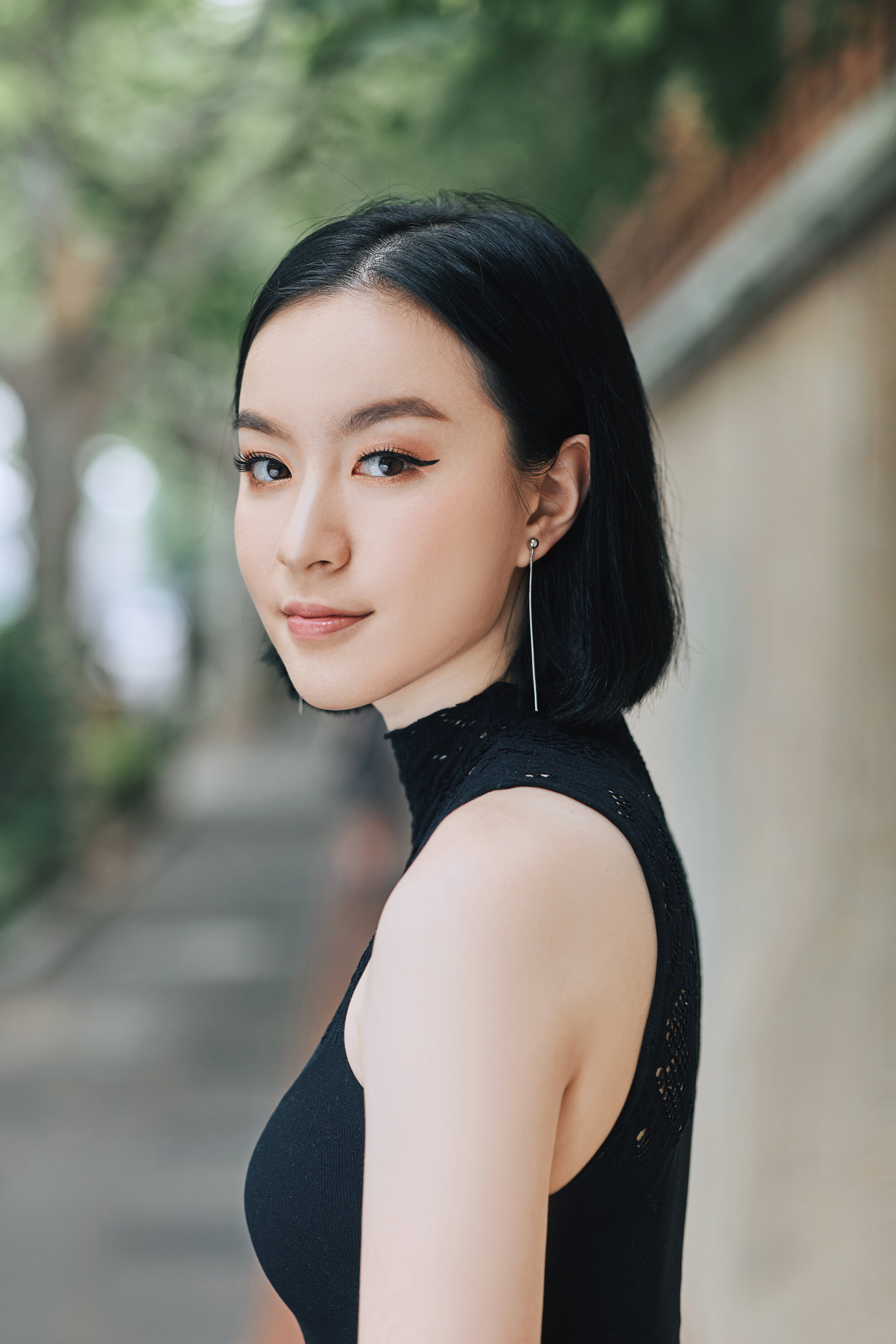
Chloe Gong; Author of These Violent Delights
So, how do you tackle tired representations of young women? Upend the literary canon and subvert expectations. Chloe Gong, an exciting new voice in fantasy, takes on the Bard himself with her debut These Violent Delights, which is released in November. A riff on Romeo and Juliet, it replaces fair Verona with 1920s Shanghai, and puts a headstrong 18-year-old Juliette Cai at the heart of the action. “I think teen female characters have evolved so much over the years and now there’s finally room for a main character to be different things at once,” she says.
Casting off tidy and convenient versions of teenage girls can only be good news, allowing room for characters with depth and relatability. Gong continues: “They can go into the book as a breath of fresh air, freed from the usual restrictions or expectations that are focused around what girls should be. It feels like we’ve finally hit a point where a strong female lead simply means a fully-realised, dynamic lead.”
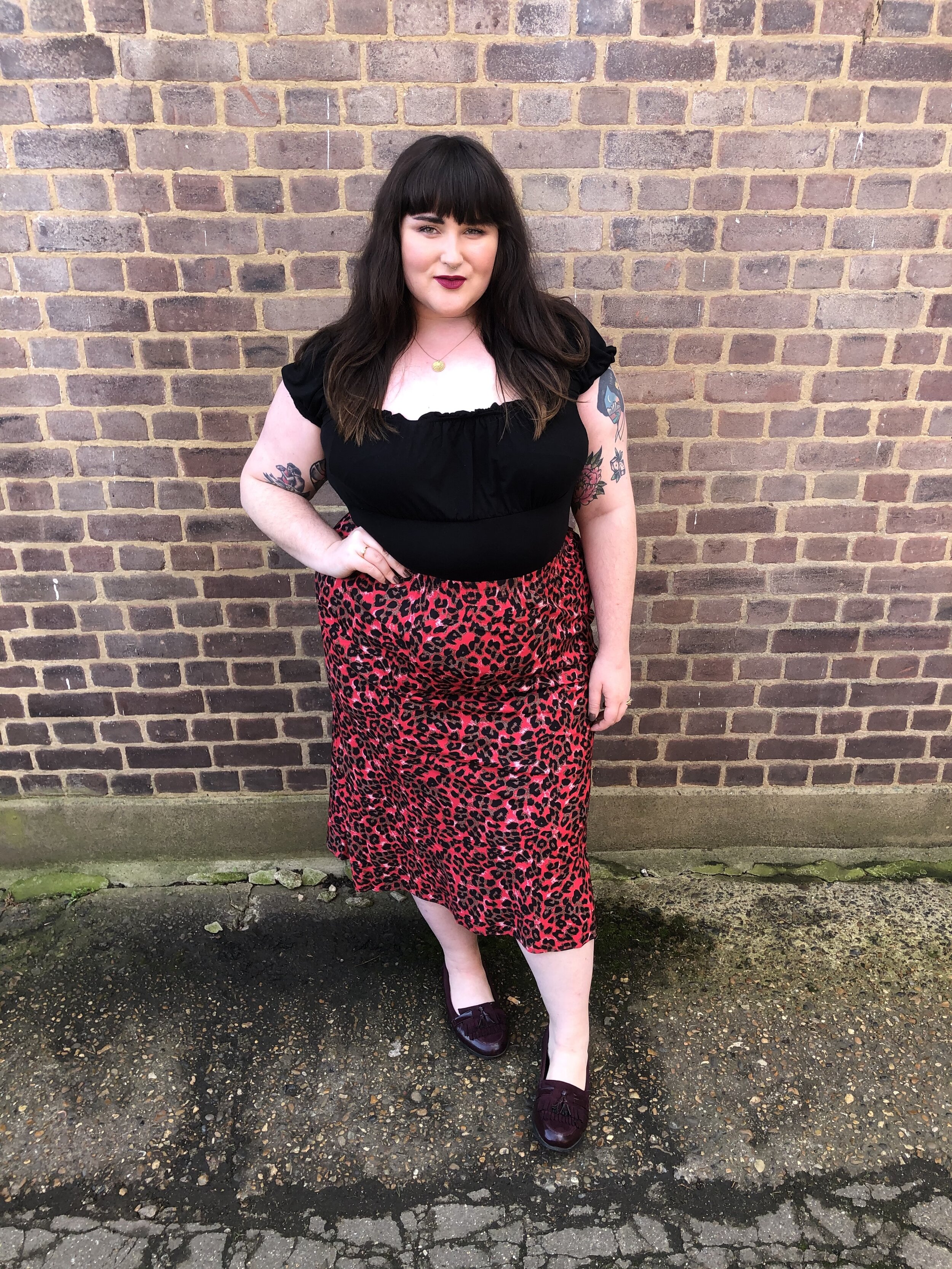
Bethany Rutter, author of Melt My Heart and No Big Deal
Fully realised characters can also come in all shapes and sizes. Feminist YA fiction at its best challenges societal norms – and in this case, showing plus-size girls happy with the skin they’re in.
That’s Bethany Rutter’s approach. A writer and plus-size model, she weaves the current conversations around body positivity into her books. “I feel really lucky to be writing in a space that makes people feel seen somehow,” she confirms. “I think that's why I write.” Her two YA books, No Big Deal and latest Melt My Heart, give us fat heroines who are content with the way they look, countering the toxic messages we are fed by society and media that thin bodies are better.
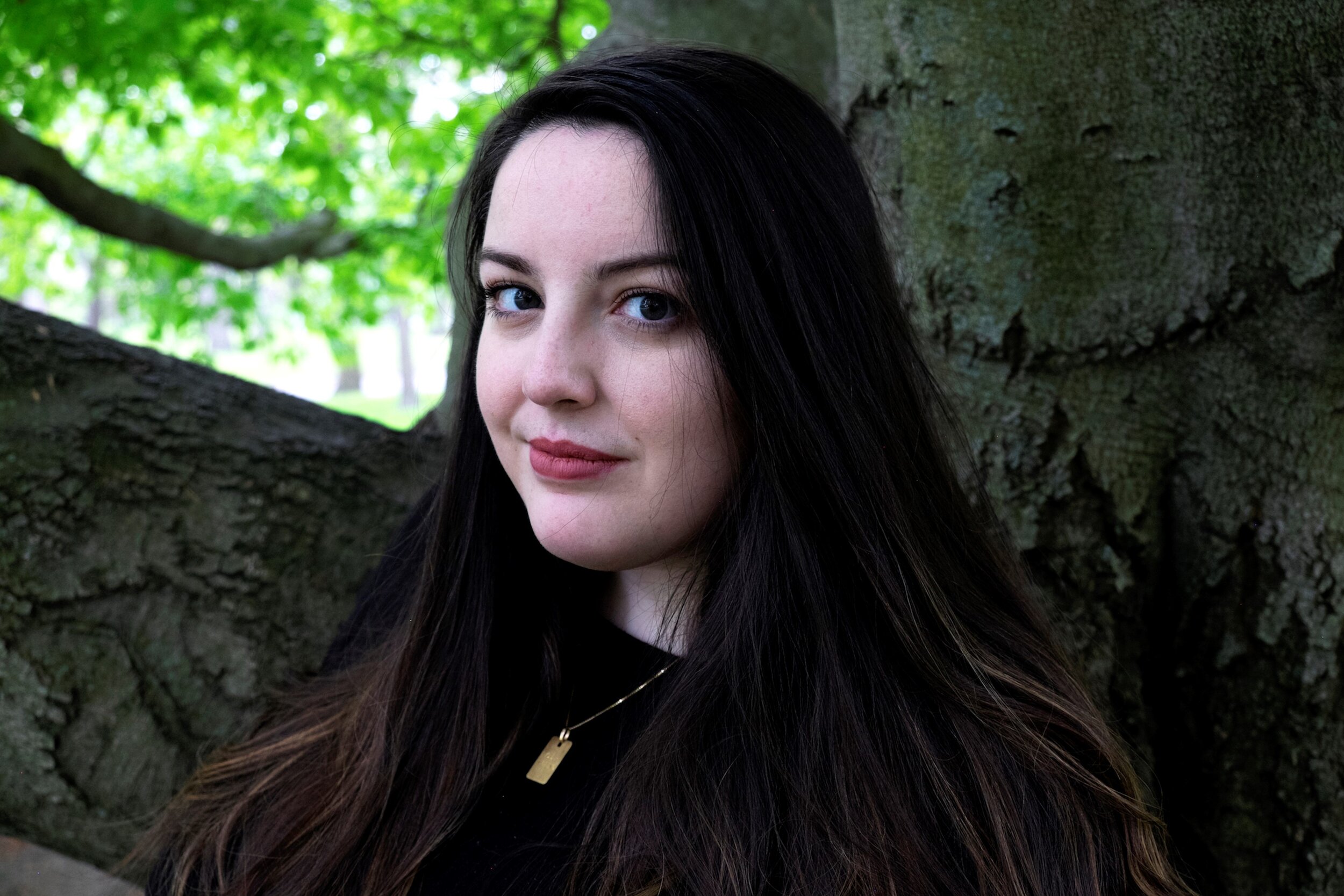
Rory Power, author of Wilder Girls
Fiction, YA or otherwise, has long been guilty of tightening the corset on the stereotypical damsel in distress. More recently, though, it’s increasingly opted for a foil in the gladiatorial gal, of an Arya Stark from Game of Thrones kick-assing her way to victory. In her dystopian horror Wilder Girls, dubbed a ‘feminist Lord of the Flies’, Rory Power asks us to reconsider this idea of equating a ‘strong’ female as inherently feminist. “More important to me than Hetty’s strength are her flaws,” she says of her protagonist. “I always try to look at what male characters are allowed to do in their stories and replicate that for my main characters.” The US crime editor and queer activist goes on to say how women should be given the green light to be the true complex creatures they really are.
“Men are allowed to be antiheroines, to be villains, to be their worst selves, and we still give them our attention, and ask for those stories.
I want that for marginalised characters too. I think a lot of authors are doing really incredible work reflecting the complicated nature that exists in not just white, cis men but in everyone, and I hope I can contribute to that as well,” says Power.
Indeed, literature’s ability to serve as a mirror, reflecting our culture and race, plays a powerful part in nurturing positivity and raising self-esteem. For Namina Forna, a lack of Black characters in the books she read growing up was a key motivating factor for penning her trilogy The Gilded Ones, which comes out later this year. “I try to hold a space in my writing where everyone is seen and welcomed, especially femmes of colour,” the US author and screenwriter says. Her hero is a gifted teenager called Deka, who lives in a society where women are traded like commodities because they literally bleed gold. “My hope is that somewhere across the world, when some child is growing up in a difficult place, they can find safety and a home in my books.”
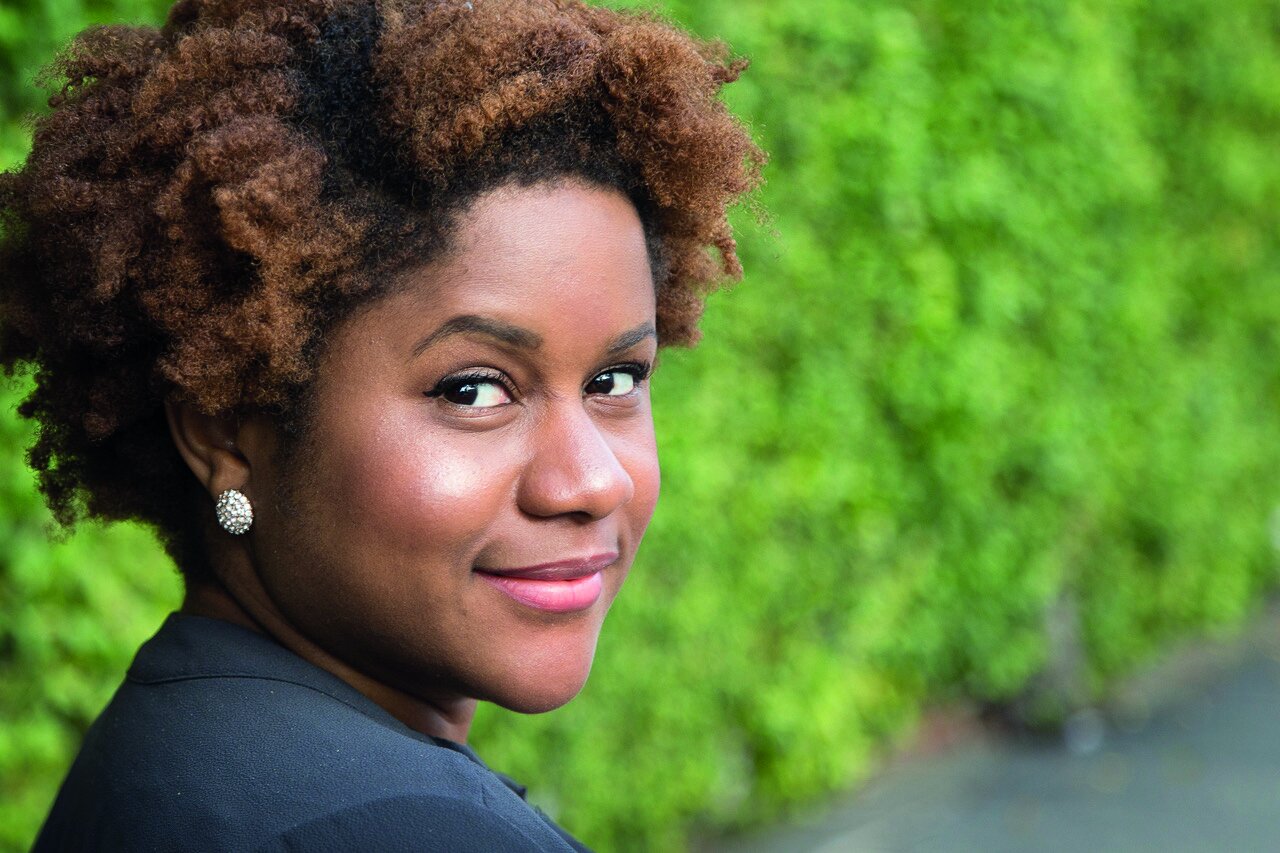
Namina Forna, author of The Gilded Ones
Similarly, Latinx author Tehlor Kay Mejia wrote We Set the Dark on Fire as a direct response to President Trump’s treatment of her community, using fantasy to revise stereotypes of young Mexican women. “I wanted to write a story teen-me could have felt at home in, with references and touchstones that felt familiar and comfortable to people raised in Latinx families even while exploring the traumas our communities face.” At the centre of her story is Dani, a rebellious young Latina who refuses to accept the law that women are to either run a household or raise children. “I’ve always been fixated on the duality of womanhood, on how even as girls we’re forced to choose between two sets of identities,” Mejia continues. “Are we going to be ambitious and driven, or nurturing and emotional? We’re told and shown so often that we can’t be both.”
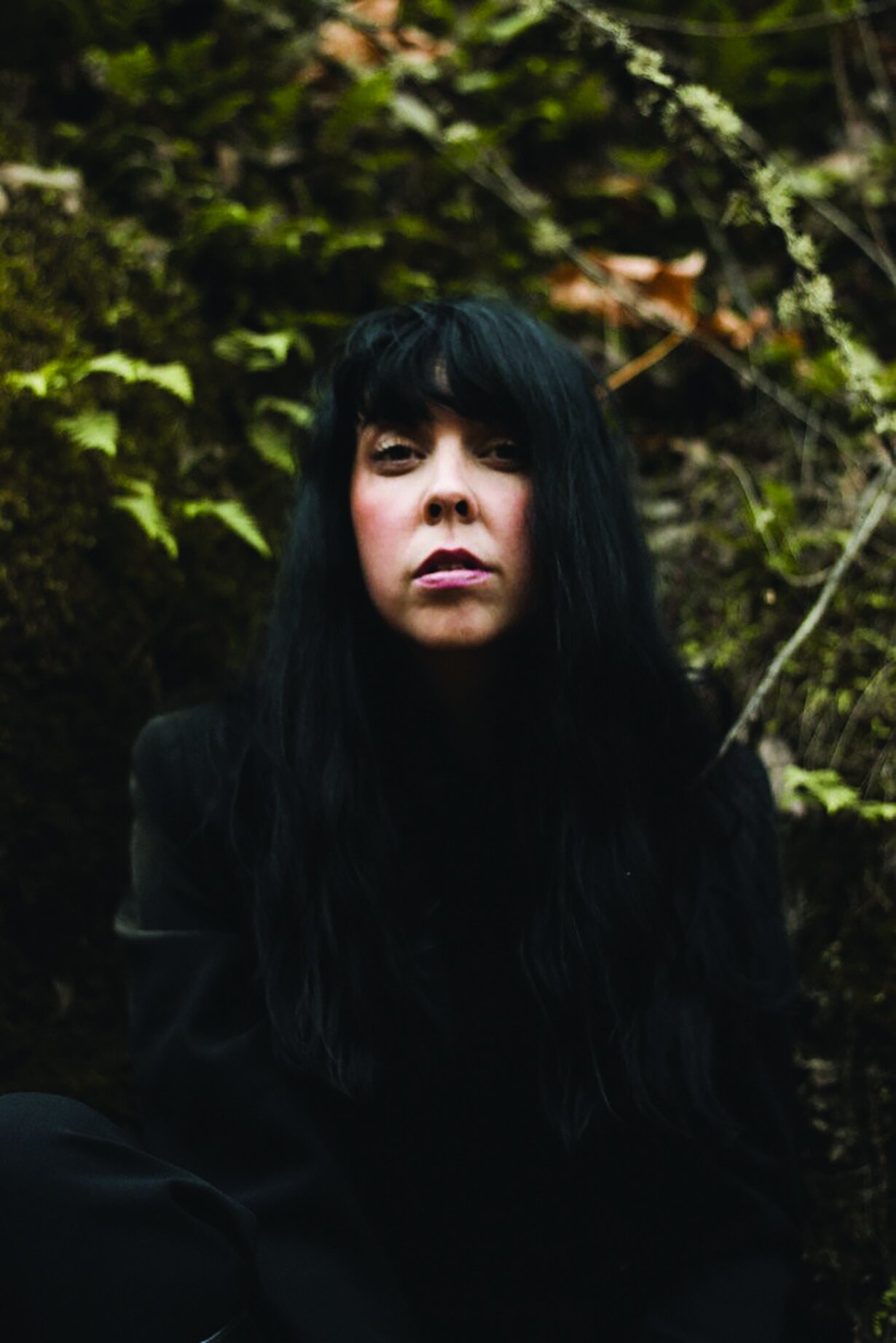
Tehlor Kay Mejia, author of We Set the Dark on Fire




